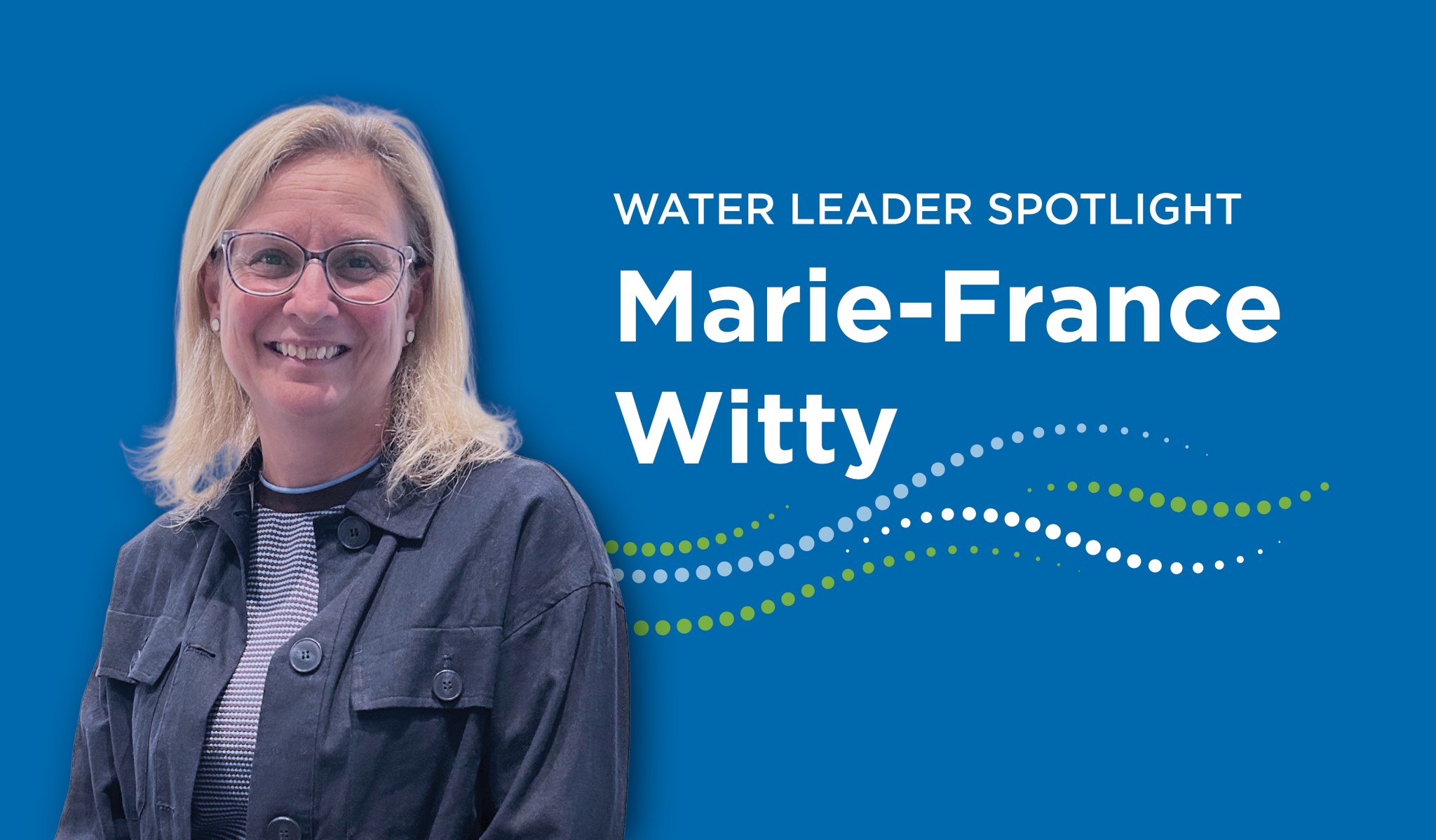This report pertains to a study that was conducted in 2016 and 2017 and focused on riverine flooding, which can occur when extreme rainfall causes rivers to overflow onto surrounding land. Climate change flood risk was assessed in four neighbourhoods in Halifax, Nova Scotia.
Why did we do this research?
Flooding is Canada’s most costly and common natural hazard, with damages that exceed $1.2 billion annually. Taxpayer-funded flood recovery costs have more than doubled, from an average of $118 million per year from 1996 to 2011 to $280 million per year from 2012 to 2015. (Sandink et al. 2016a) and was expected to increase to $673 million annually by 2016 (Parliamentary Budget Office 2016). Urban areas are particularly vulnerable to these financial risks due to their population density, property and infrastructure. Climate change may escalate costs further, through extreme weather and storms, and this has not been incorporated into flood risk assessment in Canada. Because damage estimates are based on historical weather patterns, there is uncertainty in the insurance industry on how much climate change could increase damage in certain areas. This has made insurance coverage less affordable for affected property owners (Bouwer 2010).











